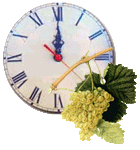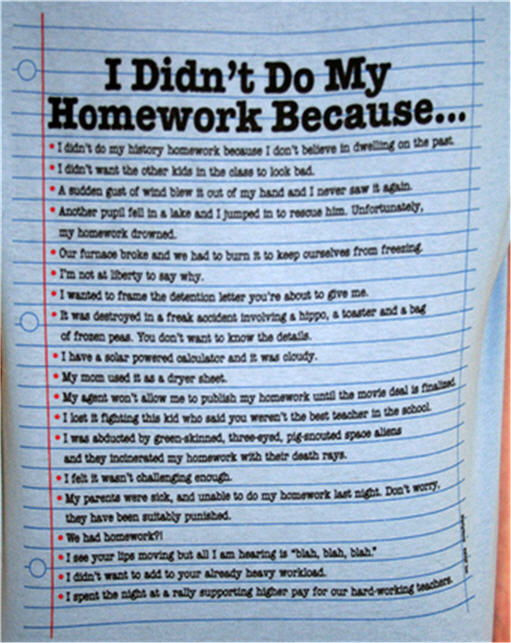As you all know, in Spain we eat twelve grapes at midnight. The actual countdown is primarily followed from the clock on top of the Correos building in Puerta del Sol square, Madrid. It is traditional to eat twelve grapes, on on each chime of the clock. This tradition has its origins in 1909, when grape growers in Alicante thought of it as a way to cut down on the large production surplus they had had that year. Nowadays the tradition is followed by almost every Spaniard, and the twelve grapes have become synonimous with the New Year. After the clock has finished striking twelve, people greet each other and toast with sparkling wine (such as champagane or cider).
After the family dinner and the grapes, many young people attend New Year parties at pubs, discos and similar parties usually until the next morning. These celebrations range from small, personal ones at local bars to huge parties with guests numbering the thousands at hotel convention rooms. Early next morning, people usually gather to have the traditional winter breakfast of hot chocolate and fried pastry (chocolate con churros).
In English speaking countries they have a somewhat different tradition: of course, it is celebrated with parties and social gatherings, but at the stroke of midnight, people hold each other's hands and sing what is arguably the song most closely associated with this celebration, Auld Lang Syne:
Auld Lang Syne (/ˈɔːld lɑŋˈsəin/) is a Scottish poem part-written by Robert Burns in 1788 and set to the tune of a traditional folf song. By extension, its use has also been common at funerals, graduations, and as a farewell or ending to other occasions.
Its title may be translated into English literally as "old long since", or more idiomatically, "long long ago" o "days gone by" and the song is generally interpreted as a call to remember long standing friendships.
In Scotland, people celebrate Hogmanay (/ˌhɔɡməˈneː/), which is the Scots word for the last day of the year and is synonimous with the celebration of New Year. The most widespread national custom is the practice of "first footing" which starts immediately after midnight. This involves being the first person to cross the threshold of a frend of neighbour and often involves the giving of symbolic gifts such as salt, coal, shortbread (a type of biscuit) and black bun (a rich fruit cake) intended to bring different kinds of luck to the householder (the traditions says that to ensure good luck for the house the first food should be a dark male, and he should bring with him symbolic pieces of coal, shortbread, salt, black bun and a little dram of whiskey; traditionally, one must clean the house, take out ashes from the fire, clear all debts before the bells of midnight). Food and drink (as the gifts) are then given to the guests. This may go on throughout the early hours of the morning and well into the next day. The first-foot is supposed to set the luck for the rest of the year.
If you want to known more, click here, here or here













